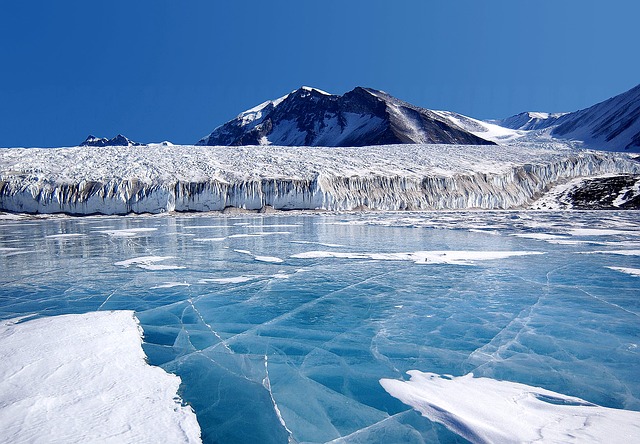Fall in the Artic Sea Ice Levels
The amount of sea ice has fallen considerably in the Artic over the last few year. Even if we look back at the end of March, there seemed to be somewhat of a recovery in volume. In fact the levels were beginning to show an unlikely return to the average levels (over period 1978 -2012), and a ten year high.
However this seems to be something of a false dawn, as at the end of August we saw some reports from the National Snow and Ice Data centre which suggested all was not well. Their report showed that the extent of the ice was approximately 1.5 million square miles which is actually the lowest level ever. The previous low was recorded during the Summer months of 1979 but it should be pointed out that the data being analysed was only available since 1979.
It was most unusual because the minimum ice count is normally recorded in the months of September/October – it will be interesting to see if further levels are recorded. Unfortunately because of the small samples of data it is difficult to see how significant these falls are. There’s also a lot of confusion about how much the decline is down to a natural cycle and factors such as weather conditions, ocean currents and cycles. Many of course believe that a lot is down to man made factors and global warming due to the greenhouse effect.
The ice is also important to our environment, it reflects solar radiation back into outer space. If this does not happen then the sea does become warmer and the cycle of ice falls will accelerate even faster. There is also the worry that the ice traps lots of gas like methane under the sea bed, this if released could also speed up the global warming effect.
If you want to keep up with all the latest developments and information about global warming, it’s best to do so from a non-bias and independent source like the BBC. There is lots of information on their web site including the excellent Bite Size series which is a great introduction for kids. For adults there are lots of programmes on the BBC Iplayer which explore both sides of the argument from the Newsnight, Horizon and Natural History departments. If you have difficulty accessing the BBC Iplayer due to being outside the UK try this site – http://dotslash.hubpages.com/hub/Watching-BBC-IPlayer-Abroad. It contains links and information about how you change your IP address to make it look lke you’re in the UK, very useful information.
